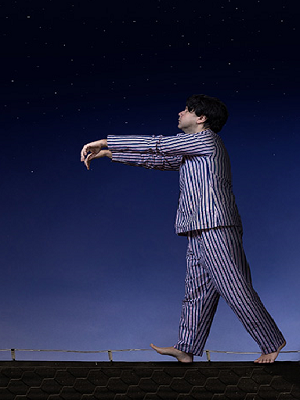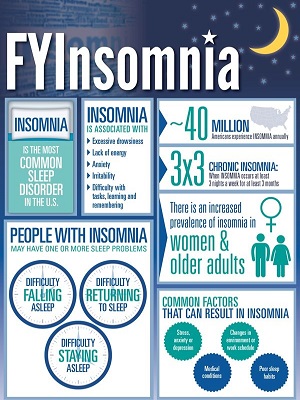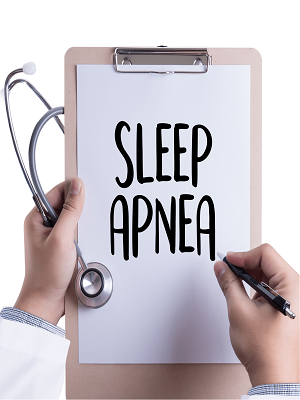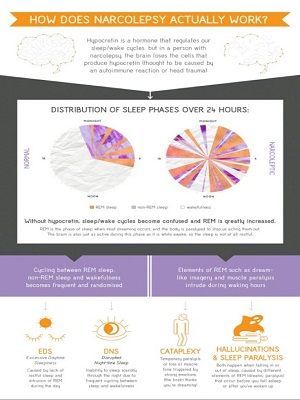Parasomnias
Parasomnias are a group of sleep disorders that involve unwanted events or experiences that occur while you are falling asleep, sleeping or waking up.
Parasomnias are a group of sleep disorders that involve unwanted events or experiences that occur while you are falling asleep, sleeping or waking up. Parasomnias may include abnormal movements, behaviors, emotions, perceptions or dreams. Although the behaviors may be complex and appear purposeful to others, you remain asleep during the event and often have no memory that it occurred. If you have a parasomnia, you may find it hard to sleep through the night.
Confusional arousals is a sleep disorder that causes you to act in a very strange and confused way as you wake up or just after waking. It may appear that you don’t know where you are or what you are doing. Your behavior may include the following:
Slow speech
Confused thinking
Poor memory
Blunt responses to questions or requests
When a confusional arousal occurs, you may seem to be awake even though you have a foggy state of mind. Episodes often start when someone else has to physically wake you up. Sleepwalking or shouting during an episode is common. Some people with confusional arousals also grind their teeth. These incidents may last a few minutes up to several hours. People with confusional arousals tend to have no memory of these episodes.
Confusional arousals are considered a parasomnia. This class of sleep disorder involves unwanted events or experiences that occur while you are falling asleep, sleeping or waking up.
Confusional arousals tend to occur as you wake from slow-wave sleep. This sleep stage is most common in the first third of the night. In some cases, these episodes may occur later in the night or during a daytime nap.
In some rare cases, adults may act very inappropriately or even hostile and aggressive. This behavior can put a huge strain on relationships. These extreme episodes are uncommon for most people who have confusional arousals.
One variation of confusional arousals is called severe morning sleep inertia. It can affect teens and adults. Sometimes it is called “sleep drunkenness.” The signs of it are the same as those of typical confusional arousals that occur early at night. The difference is that severe morning sleep inertia occurs in the morning when you are waking up.
Severe morning sleep inertia tends to happen every morning, and it can last for years. People with morning sleep inertia may miss time and perform poorly at school or at work. It also can be a source of conflict at home. In rare cases it can cause injuries and drowsy driving accidents.
Episodes of confusional arousals in children may seem bizarre and frightening to parents. The child can have a confused look on his or her face and “stare right through” you. Children may become more agitated when you try to comfort them. Most episodes last from five to fifteen minutes. But they may last as long as thirty to forty minutes in some youth.
Overall, confusional arousals are fairly harmless in children. Arousals are less common after the age of five years. Children who have confusional arousals often will sleepwalk when they are teens.




